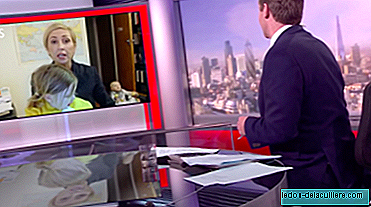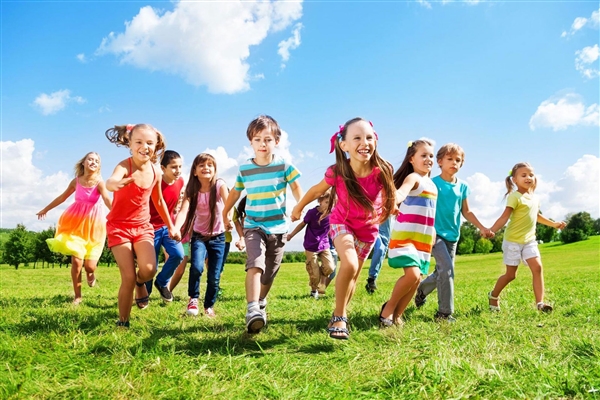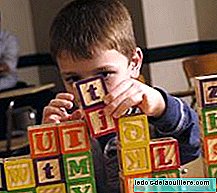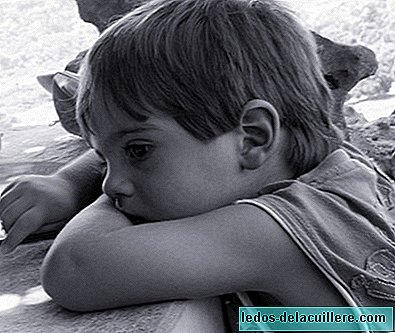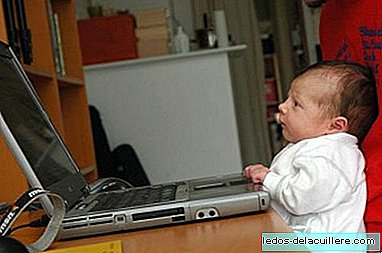Since 1981, on September 21, it has become International Peace Day, That said it sounds even cruel considering how we see images of war conflicts every day in the press, on television, on social networks.
Images of children in shock because of the bombs, images of girls who face violence with the force of their camcorder, images that recreate how wars affect normal families like ours, like yours.
Maybe today would be good that we speak with our children of peace without turning our faces to those fleeing war.
Today many of our children will have worked on peace in the school, they will talk about war conflicts and historical conflicts, they will draw a dove of peace, they will make a human chain, they will run a solidary career, with some luck they will listen to some volunteer person of some NGOs that talk to them about people fleeing war conflicts, some are just children, like themselves.
Sustainable goals for our children
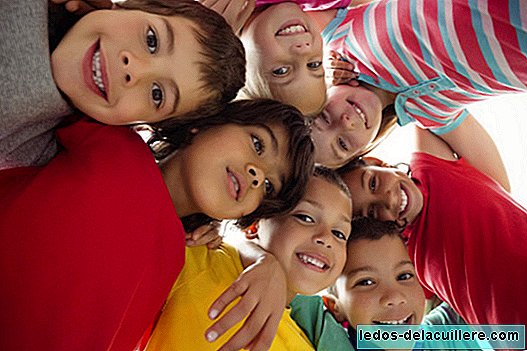
This year the UN proposes that the objectives of sustainable development be the constituent elements of peace.
Sustainable objectives that respect our environment and our planet and that do not declare war on us as we strive to continue doing for years.
There are 17 sustainable objectives, a list of actions in favor of the planet and therefore in favor of the people who inhabit it, a kind of social contract between the leaders of the different countries and the inhabitants of the planet. The intention is good, sure.

We understand by sustainability the capacity we have to cover present needs without jeopardizing the future, the ability to meet our needs without decimating our children's ability to do so when they are adults.
We are playing their future with our way of dealing with our present and it is clear that we have to change as soon as possible because if not in the future the wars will not be for oil but will be caused by drinking water, by farmland, by the food.
We can't leave that future or that planet

Perhaps we could begin to teach them to consume in a sustainable way, to enjoy living and not buying, to share, to empathize, to develop solidarity over charity, to be people rather than consumers, to think and listen.
Perhaps we could begin to teach them the value of small gestures, of their ideas, of their proposals, of their principles. From small gestures such as collaborating cleaning a beach to older ones such as stop consuming plastic bags, all within the options and ideas that our children can access.
Peace, based on our relationship with the environment, is a sensible way of thinking about the future because our children often give us lessons that we insist on not learning. Their discussions with their friends are solved as quickly as they were generated and their relationship is as healthy as at the beginning.
They live closer to peace than adults, maybe we should think about it more than once.


